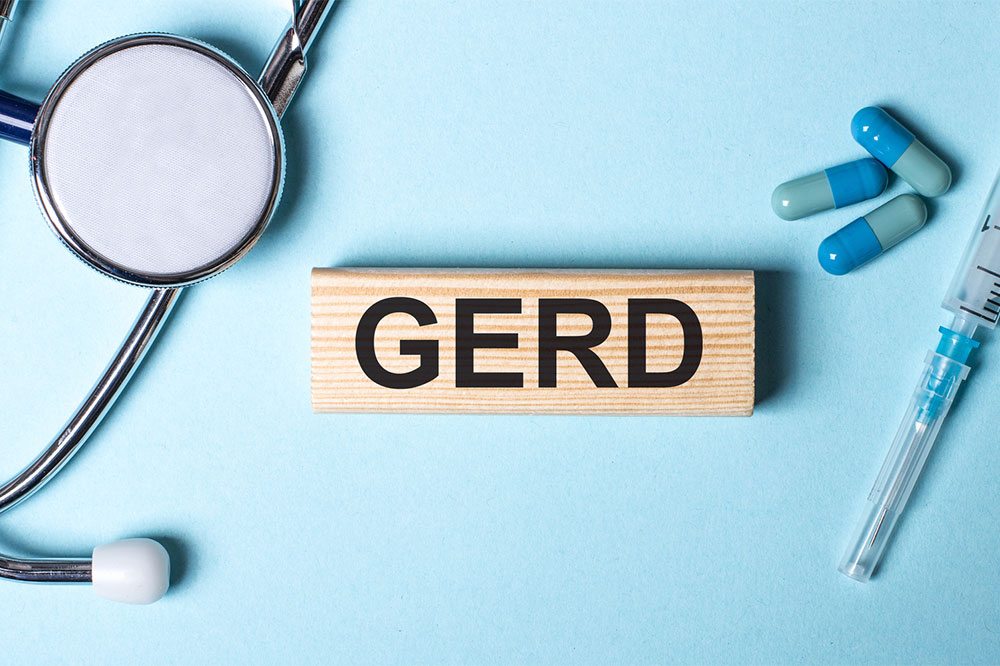Crohn’s Disease – Things You Should Know about Bowel Disorders
Affecting the small intestine, bowel disorders affect the way in which food is digested and absorbed by human body. Bowel disorders not only affect small intestine but also other parts of the digestive tract.
It is important to note that bowel sickness is curable. However, first, it’s essential to have a clear idea of the problem that you are facing. Common symptoms of bowel disorders are constipation or diarrhea. Other symptoms include:

- Discomfort or pain in abdomen
- Abdominal bloating
- Bleeding from back passage
- Blood in stool
- Alteration in bowel habits
- Lump in the tummy
- Tiredness and unexpected weight loss
It is best advised to make an appointment with the doctor if any of the above-mentioned systems persists. They can help diagnose the disease better and accordingly recommend a treatment plan.
There are different types of bowel disorders depending on the symptoms. Common ones are:
- Celiac Disease
- Crohn’s Disease
- Irritable Bowel Syndrome (IBS)
- Intestinal Obstruction
Celiac Disease – It is an autoimmune disorder wherein gluten generates an undesirable reaction. In this type of bowel disorder, when food having gluten, a type of protein, is consumed, the immune system attacks the inner lining of the small intestine. In such cases, a person consuming grains such as barley wheat and rye feel uncomfortable and experience unexplainable pain in the tummy.
Crohn’s Disease – An autoimmune disorder, Crohn’s disease is an inflammatory bowel disease. In this disorder, the body is seen to attack its health tissues, thus injuring tissues in mouth, intestines, and anus.
IBS – Another type of bowel disorder, Irritable Bowel Syndrome, also known as IBS, affects both small as well as the large intestine. It is a group of intestinal symptoms that usually happen together. Gastrointestinal problems are common when suffering from IBS. This type of bowel disorder is also known as irritable colon, spastic colon, spastic colitis, and mucous colitis. On an average, nearly 20 percent of Americans experience IBS related symptoms including cramping, gas, bloating, pain in abdomen and constipation.
Intestinal obstruction – When intestine gets blocked, the digestive system is unable to process food, thus preventing stool from passing properly. It is a serious condition as the blockage can be either partial or full and can occur at more than one location.
There are other medical problems that can give rise to typical symptoms of these bowel disorders. For instance, infections, ulcers, nervous system disorders, and intestinal cancer. Therefore, it is important to get a proper diagnosis done in order to treat the disease.
Causes of Bowel Disorders
The exact cause of bowel disorders, in the majority of the cases, remains unknown. For instance, specialists are unable to point to the exact cause of IBS. The clear-cut source of Crohn’s disease is also unknown. However, below are some of the risk factors that increase the chances of bowel disorders.
Smoking
Microbial and immunologic factors
Diet and other environmental factors
Intestinal obstructions are usually a result of surgeries, injuries, hernias, and cancer as well. There are certain medications that also increase the risk of developing intestinal obstruction.
Diagnosis
It is very important to get a checkup done if any of the aforementioned symptoms of bowel disorder are experienced. They are specialists and can diagnose the cause of the symptoms that are being experienced.
Rome criteria is a set of criteria used by doctors to diagnose IBS. Common symptoms of IBS include variation in the rate of bowel movements, and inconsistencies in going for stools, amongst others.
Treatment – Bowel Disorders
The treatment plan is specific depending on the type of bowel disorder. Doctors usually advise to bring about a positive change in lifestyle, surgery, medications, or other treatments.
Lifestyle changes
In order to help treat bowel disorders, it is necessary to alter eating habits. Diet plays a pivotal role in the functioning of the human body i.e., intolerance to certain types of foods can make the symptoms of bowel disorder worse. Again, fiber is necessary to ensure efficient digestion but should be consumed in proportion as too much fiber also causes irritability. If suffering from frequent diarrhea, it is advised to cut back on the fiber intake until bowel movements return to normal.
In case a patient is suffering from celiac disease, it is best advised to follow a gluten-free diet. A person experiencing uncomfortable bowel movement should avoid anything that contains wheat, rye as well as oats unless they are gluten free.
In case you are suffering from Crohn’s disease or IBS, doctors advise maintaining a log of food choices and the symptoms that occur after their consumption. By maintaining a log, it becomes easier to identify food that makes the symptoms worse. Once the food triggers have been identified, steps can be then taken to avoid them.
Exercising every day and sleeping for at least 6-8 hours help in regularizing bowel movement. A stress laden life is not a good one and affects internal bodily functions. Therefore, it is equally important to live a stress free life in order to keep all health problems at bay.




